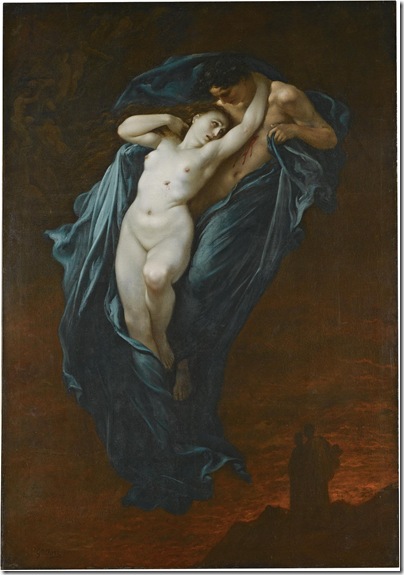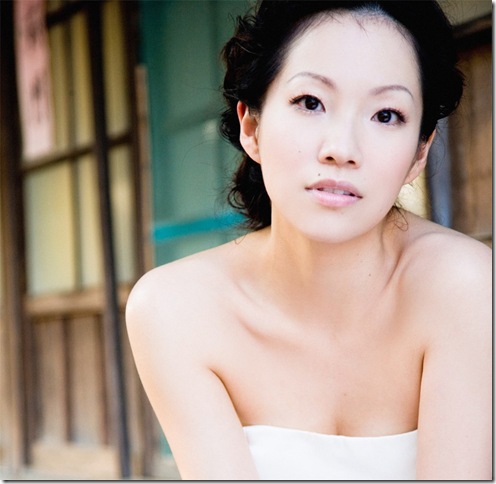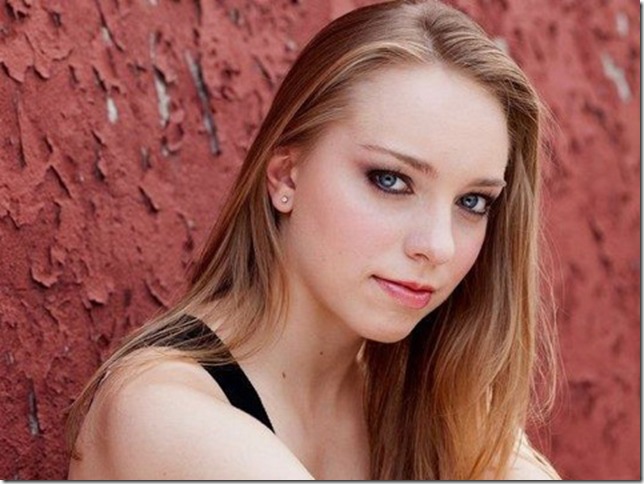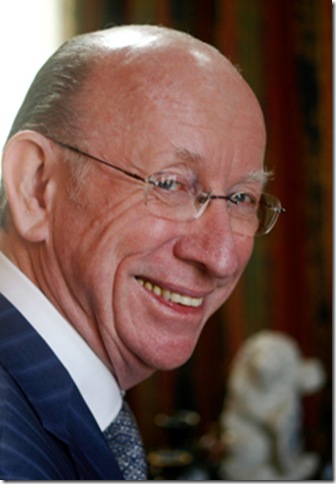For the Romantics, the medieval Italian writer Dante Alighieri loomed large, nowhere more so than in his Divine Comedy.
Manuscript copies of the first part of this vast three-part poem, Inferno, became available in 1314, or just over 700 years ago, and quickly attracted commentary and interest. By the time Franz Liszt began working on a symphonic interpretation of the poem in the 1840s, it had reached fresh prominence as classic work of world literature.
Liszt’s Dante Symphony, which premiered unsuccessfully in 1857, was a major statement despite its poor reception at the first performance. And it’s this work, in the composer’s own transcription for two pianos (plus soprano soloist and women’s choir, here sung by children), that will end this year’s Mainly Mozart Festival on Sunday afternoon.
Festival artistic director Marina Radiushina has organized a presentation of the Dante Symphony that also will include a new ballet by Miami City Ballet’s Adriana Pierce to accompany sections of the work; narration by Frank Cooper, the legendary Miami musicologist; and a film by Ali Habashi, a documentary filmmaker who led the University of Miami’s Center of Confluent Media Studies from 1998 to 2014 (and who also is Radiushina’s husband).
“I was looking for something that would lend itself naturally to what we had tried to do in similar productions. And this simply seemed to fit the bill in terms of a connection with great literature, the visuals we know that are there, so many of them having been inspired by Dante’s work, and that it’s a great piece that is doable for us,” Radiushina said.
It also presents an exciting if formidable challenge.
“When I was a student, I learned something great from Frank Cooper when I was taking one of his musicology classes and he was assigning term papers. He would say: ‘Never pick a theme that you are familiar with. Pick something you don’t know.’ There’s something that I really value in that approach: You take something and you learn it yourself, and that process was important here,” she said.
Grace Fong, a Leeds Competition-winning pianist who teaches at Chapman University, a Christian college in suburban Los Angeles, will handle one of the piano parts along with Radiushina in Sunday’s performance at the Knight Concert Hall in Miami’s Adrienne Arsht Center. Radiushina and Fong have known each other since both were students of Sergei Babayan at the Cleveland Institute of Music.
“She’s a great friend and a really fantastic pianist. She’s also a very, very intelligent person, and I knew this would be an interesting, easy and rewarding collaboration working with her,” Radiushina said.
Liszt was one of the greatest pianists of his time, and his arrangement is for top-notch players. But Radiushina said the writing is on the whole not as difficult as something like the Second Piano Concerto of Sergei Prokofiev. The bigger challenge is more purely sonic than that, she said.
“What is difficult here, I think, is the nature of this piece, which was conceived as an orchestral work. What is difficult for us is to try to infuse our performance with color, because you don’t have the natural colors of the orchestration,” she said. “That’s going to be our biggest challenge for us as pianists.”
The vocal parts in the Magnificat, which is the final section of the work and stands in for the Paradiso, will be sung by the Miami Children’s Chorus and soprano Maria Aleida, who earlier in this year’s festival sang the world premiere of American composer Richard Danielpour’s String Quartet No. 7.
Aleida, a lyric coloratura, also will be featured in three solo songs: Mozart’s “Vorrei spiegarvi, oh Dio” (K. 418), and “Der hölle Rache,” the Queen of the Night’s revenge aria from The Magic Flute. She’ll also sing “Solvejg’s Song” (“Kanske vil der gå både Vinter og Vår”) from Edvard Grieg’s music for Ibsen’s Peer Gynt.
Additionally, Fong and Radiushina will play Grieg’s delightful but little-known arrangement for two pianos of Mozart’s thrice-familiar Sonata in C (K. 545).
Also joining in will be dancers from the Miami City Ballet in new choreography by corps member Adriana Pierce, who has presented new ballets to music by Paul Schoenfield and Antonin Dvořák in the past two Mainly Mozart closers.
Pierce has created dances for parts of all three sections of the work, including the story of Francesca da Rimini and Paolo in Canto V of the Inferno, Radiushina said. Meanwhile, Habashi’s video installation will draw on the 19th-century French artist Gustav Doré’s illustrations for the Divine Comedy, which are numerous and constitute Doré’s best-known work.
The Dante Symphony will be presented in a continuous but not uninterrupted fashion, Radiushina said.
“We’re going to have the pre-performance video with narration by Frank Cooper and visual that will explain the ‘Divine Comedy’: What’s happening, what’s going on, who are the main characters, because it’s such a complex work,” she said.
Also, Liszt only wrote music inspired by certain sections of Dante’s poem, not the entire work. So in order to follow the trajectory of the poem, “we have to be a little creative where Liszt may not have talked about that particular moment,” she said. For example, after the opening section of Liszt’s music that depicts Dante and Virgil at the gates of Hell, the pianists will stop and Cooper will narrate. And at other times, Cooper’s narration will come in over the music, Radiushina said.
“It’s going to be a combination of these elements, done in a cohesive manner,” she said. “Technically, it’s incredibly complex, far more complex than anything we have done so far, because of all the elements, because of the timing, and because of the different variables that can go into a live performance.”
Last year’s finale at the Knight Concert Hall drew some 1,800 people, Mainly Mozart officials have said, and things are looking good for this year’s finale as well. Radiushina said audiences in general have been larger for this year’s festival.
“We’re improving in terms of attendance, and that is really encouraging to see,” she said. “People seem to be enthusiastic and supportive, and personally invested.”
She suggests, too, that Miami’s cultural scene might be crossing a threshold into something bigger and stronger, more along the lines of a major center such as New York, in which attendance at cultural events is part of the regular fabric of life. There are more events in South Florida, and social media has made it much easier and “more sustainable” for arts groups to get the word out, she said.
“It’s becoming more of something that (people) are going to do,” she said.
The Mainly Mozart Festival presents its final program at 4 p.m. Sunday at the Knight Concert Hall in the Arsht Center for the Performing Arts, 1300 Biscayne Blvd., Miami. Tickets are $30. Call 786-556-1715, or visit www.mainlymozart.com; or call 877-949-6722 or visit www.arsht.org.



